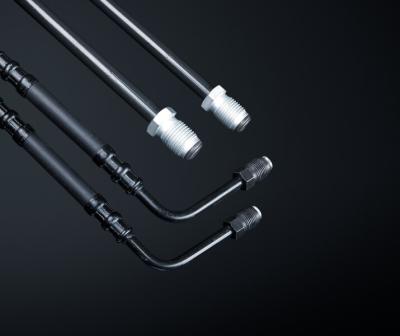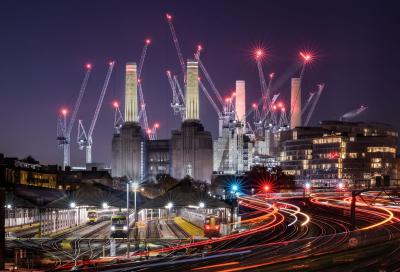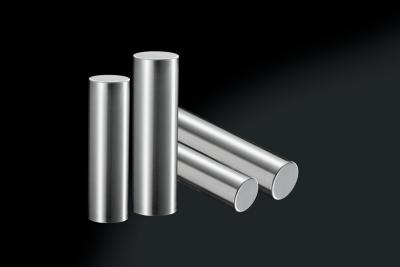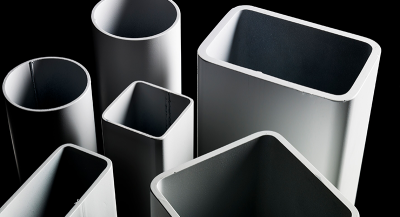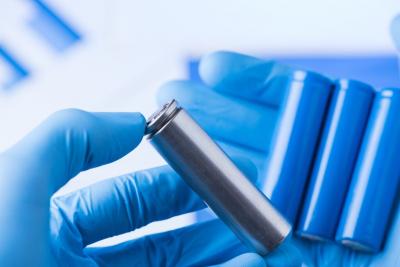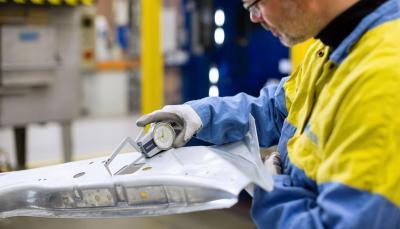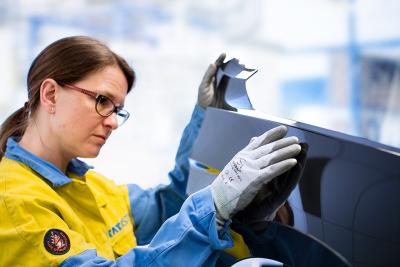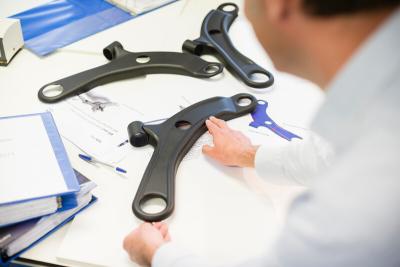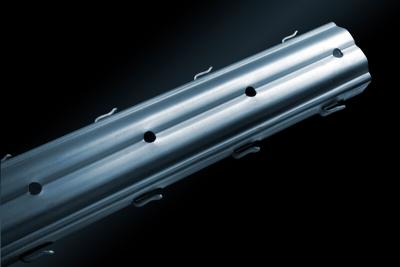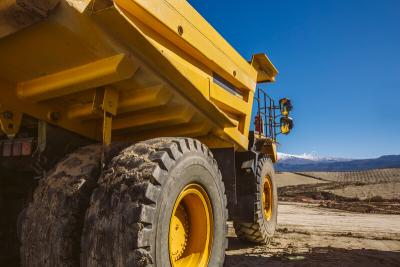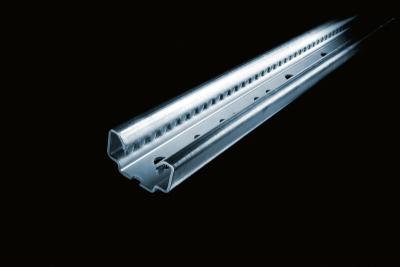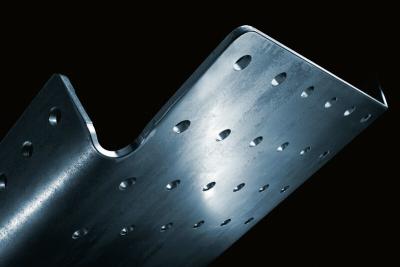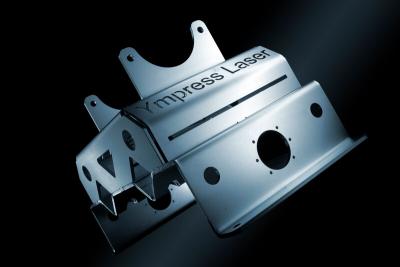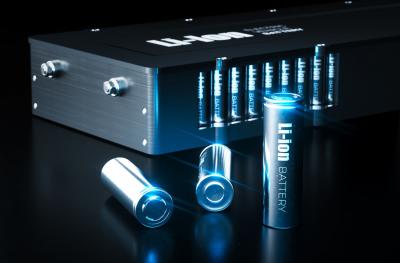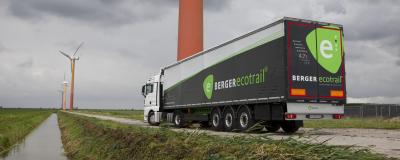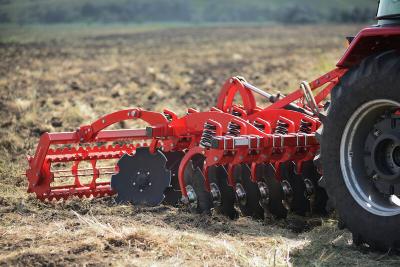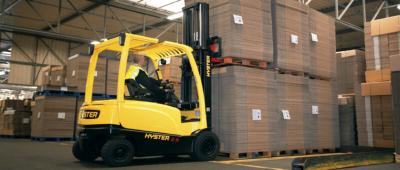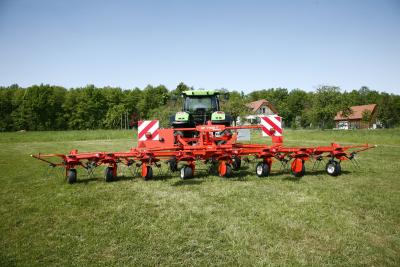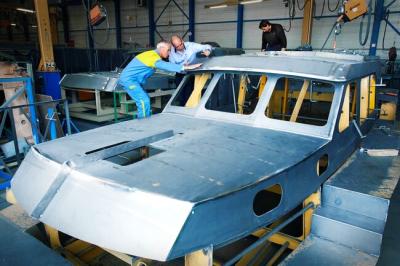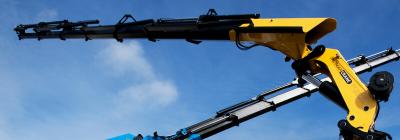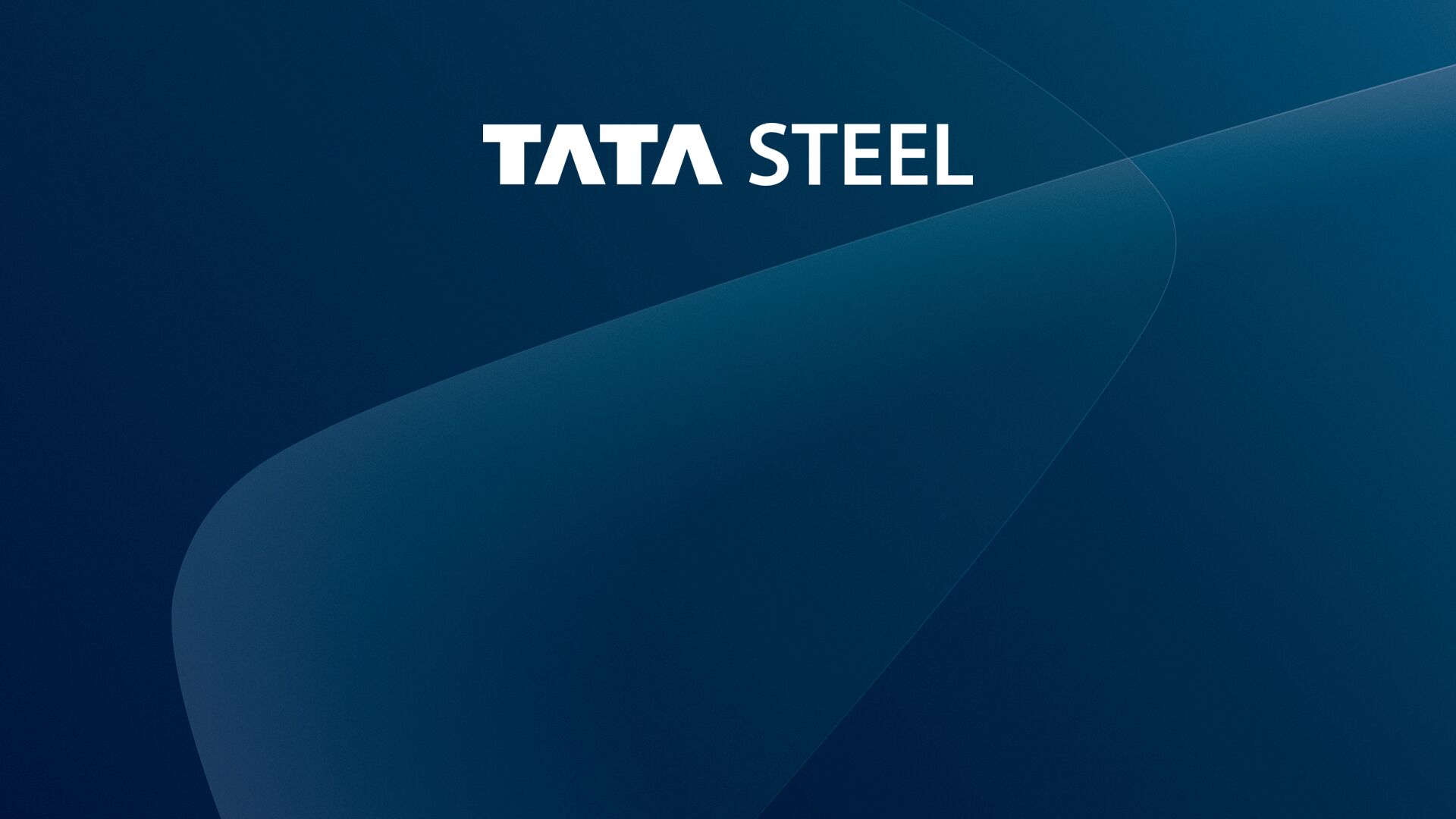In the latest episode of Tata Steel UK’s podcast series, ‘’SteelCast’’, host Tim Rutter speaks to Group CEO and Managing Director Mr T V Narendran about the challenges and opportunities of low-CO2 steelmaking.
Listen to the podcast here or watch on YouTube
They also discuss the implications of the company’s recent announcement, which proposes to restructure the UK business, and so enable the transition from the current carbon-intensive iron and steelmaking facilities in Port Talbot to low CO2 electric arc furnace-based steelmaking in 2027.
Mr Narendran is a frequent visitor to the UK, most recently speaking to the media and meeting with the Trades Union-led UK Steel Committee as well as appearing in front of the Welsh Affairs Select Committee. During his latest visit to the UK, Mr Narendran took time out to join the company’s decarbonisation-themed podcast.
Mr Narendran started by explaining the rationale and detail of the company’s announcement on 19 January, and recognised the likely impact on people in and around the business.
“This will give us the best chance in a long time to create a sustainable future for this business.”
He went on to talk at length about Tata Group’s history of investing in the UK, alternative steelmaking technologies, the relationship with the UK Government, future energy costs and scrap supply chains, and explained the different approaches to technological change and environmental imperatives across the Tata Steel Group.
He reinforced the company’s commitment to building electric arc furnace-based steelmaking in Port Talbot, and how the company was open to further investments once the UK business had become stable and sustainable.
He also reassured customers and downstream Tata Steel UK processing businesses that they would be well supported through the transition period and that further capital investments with a clear business case would always be considered.
Having spoken eloquently about a future vision for Tata Steel at the heart of green industrial economy, Mr Narendran returned to the here and now. He explained the need to continue to take part in open and transparent information sharing and consultation about the company’s proposals with the Trades Unions, as well as the role of the recently-formed Transition Board in supporting people affected and in encouraging inward investment.
And while recognising that the path ahead in the coming months will undoubtedly be one of the most difficult in a generation, Mr Narendran said: “This will give us the best chance in a long time to create a sustainable future for this business.”
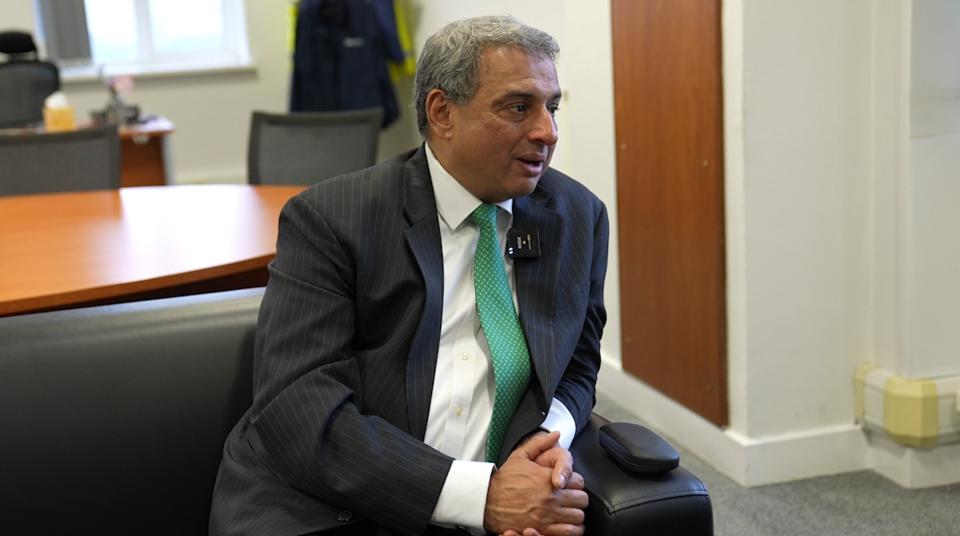
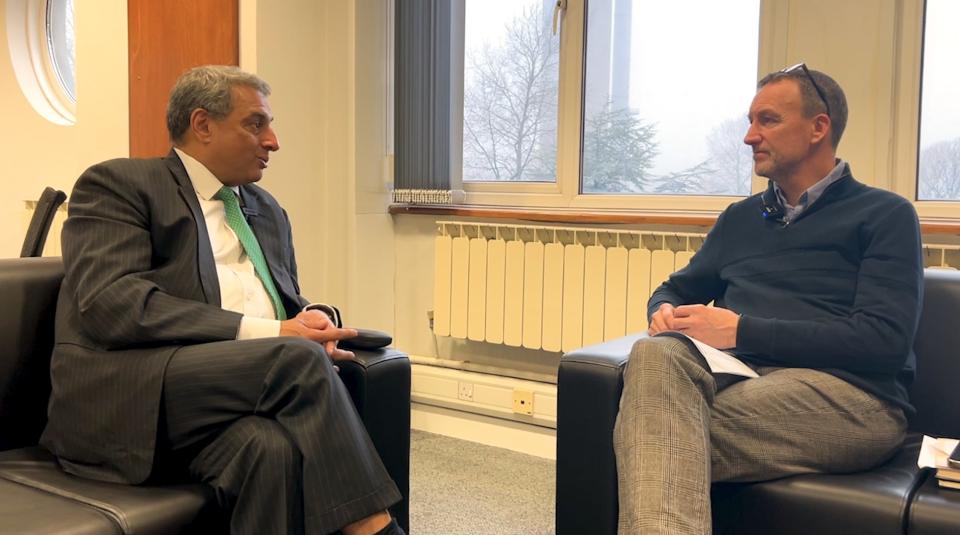
The current series of SteelCast has been running for two years and had over 10,000 downloads. Now on episode 28, previous guests have included industry experts, Tata Steel leaders, politicians, academics and customers.
About Tata Steel UK
- The Tata Steel Group has been named one of the most ethical companies in the world, and is among the top producing global steel companies with an annual crude steel capacity of 34 million tonnes.
- Tata Steel in the UK has the ambition to produce net-zero steel by 2045 at the latest, and to have reduced 30% of its CO2 emissions by 2030.
- Tata Steel is the largest steelmaker in the UK with primary steelmaking at Port Talbot in South Wales supporting manufacturing and distribution operations at sites across Wales, England and Northern Ireland as well as Norway, Sweden, France and Germany. It also benefits from a network of international sales offices around the world.
- Tata Steel employs more than 8,000 people and has an annual crude steel capacity of 5 million tonnes, supplying high-quality steel products to demanding markets, including construction and infrastructure, automotive, packaging and engineering.
- Tata Steel Group is one of the world's most geographically-diversified steel producers, with operations and a commercial presence across the world.
Follow us on social media



